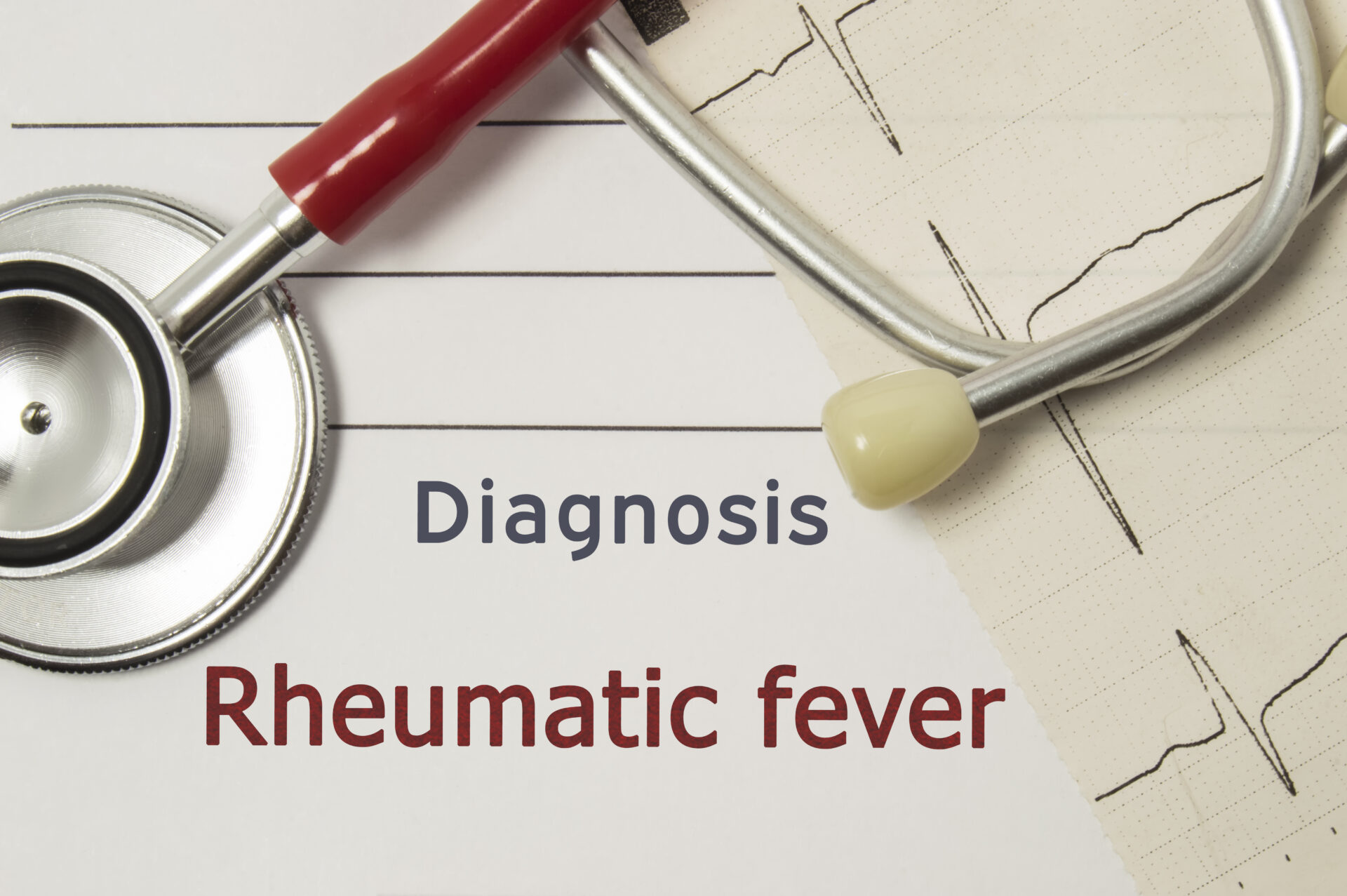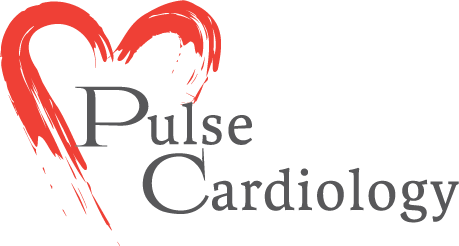Rheumatic Heart Disease: Symptoms and Treatment
What is Rheumatic Heart Disease
Rheumatic heart disease is a medical condition where the patient’s heart valves have sustained permanent damage due to rheumatic fever.
Patients with this disease, during an examination, may exhibit a rub or murmur that can be picked up by medical instruments.
Complications of Rheumatic Heart Disease
This cardiovascular disease may or may not lead to the following medical conditions –
- Heart failure – a common side effect that is the result of a severely narrowed or a leaking heart valve.
- Bacterial endocarditis – an infection of the affected heart’s inner lining due to damages sustained by the valves of the same after the patient has come down with rheumatic fever.
- In case the patient is female and is pregnant, she may have complications during the trimesters or child delivery. These are telltale signs of heart damage. Hence women with this disease should consult with their doctors before getting pregnant.
- The heart valves of the patient could get ruptured.

Symptoms
Symptoms of rheumatic heart disease are as follows:
- The patient may or may not suffer from shortness of breath or have difficulty breathing normally.
- The patient may or may not go through unexplained bouts of dizziness or weakness – even when the patient hasn’t participated in any strenuous activity.
- The patient may or may not feel a sense of discomfort in their chest.
- The patient may or may not suffer from palpitation spells.
- The patient’s ankles, abdomen or their feet may or may not swell.
- The patient may or may not suffer from rapid weight gain.
Treatment
Treatment of rheumatic heart disease depends on the degree of damage the heart of the patient in question, has suffered.
The disease mainly targets the valves of the human heart, hence; if the valves have completely lost their ability to function properly, surgery is the only option from this predicament. The affected valves will be replaced with artificial valves.
In the end, it is best to keep in mind that to steer clear from surgery, one should ensure that they are not falling prey to rheumatic fever.
In case they do, they should start a course of antibiotics right away in a bid to keep strep infections and rheumatic fever under control, thereby keeping this heart disease at bay.
Click here to learn more about Mitral Valve Replacement, Symptoms, and Treatment
Often, in mild cases or the early stages of the disease, the patient may or may not be prescribed by their doctor with anti-inflammatory drugs. These drugs reduce inflammation thereby reducing the chances of the affected heart from sustaining further damage.
Rheumatic heart disease is preventable given patients who are diagnosed with strep infections and rheumatic fever, takes the necessary steps such as treating the conditions using antibiotics, right away. Patients should take antibiotics as per the instructions provided in their prescriptions and ensure that they are completing the course. In case, a patient does get diagnosed with this heart disease, they must impose certain restrictions on themselves so that they are staying away from strenuous activities.
To book your consultation with one of our highly qualified cardiologists in San Bernardino, Riverside, or Rancho Cucamonga, please contact us.
